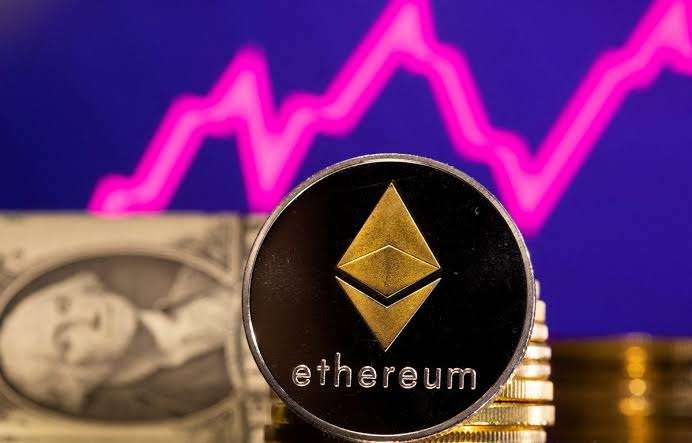
Ethereum’s Dencun Upgrade: Developer Preparation Guide
Ethereum’s Dencum upgrade will introduce Proto-Danksharding, aiming to reduce processing costs and enhance scalability.
The eagerly anticipated Ethereum (ETH) Dencun Upgrade is approaching in a matter of weeks, and ecosystem developers are making preparations to welcome this revolutionary update.
Christine Kim, a developer at Galaxy, has disseminated a comprehensive to-do list for all innovators within the Ethereum network in anticipation of this occasion.
Christine instructs developers on preparing for the ETH Dencun Upgrade via her X account. As per her assertion, validators utilizing “mev boost” will be required to upgrade their software to version 1.7.
Flashbots is preparing this iteration, which will be downloadable within the following week.
ETH validators that operate relays might not require significant modifications. Nevertheless, it is recommended that these categories of developers upgrade to the most recent relay release, v0.29.1, which was introduced within the last week.
One of the most notable applications of this relay is to impede withdrawals throughout the Dencun fork.
Additionally, the Galaxy developer remarked that ETH developers must adopt the most recent version; v1.13.12.4844.dev1 represents the most recent Dencun testnet upgrade.
Impact of the Ethereum Dencun Upgrade
The Dencun upgrade to ETH is a revolutionary development that will completely transform the protocol.
This upgrade will implement Proto-Danksharding, also known as “blob” transactions, which consolidate data for reduced processing costs.
In addition to enhancing ETH’s scalability through its added simplicity, the transaction cost reductions that will coincide with the upgrade will substantially alter the playing field in Ethereum’s favor.
The predominance of the Decentralized Finance (DeFi) ecosystem on Ethereum has influenced the utilization of the blockchain for transactions and investments rather than its cost-effectiveness.
In addition to giving rise to alternative chains such as Solana (SOL) and Cardano (ADA), its exorbitant gas expenses have attracted substantial criticism from industry experts, including Peter Brandt, due to their subpar utility.
The anticipated reduction in gas fees following Ethereum’s transition to the Proof-of-Stake (PoS) consensus model in 2022 was not realized despite developers’ assurances that the functionality would be incorporated into subsequent enhancements.
This promise has been fulfilled with the Ethereum Dencun Upgrade, which may assist in propelling the protocol to the top of the charts regarding liquidity and low cost.
The sustainability of this upgrade is currently a matter of debate, but community interest is certainly heightened.





